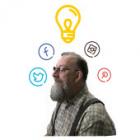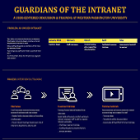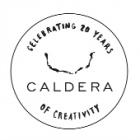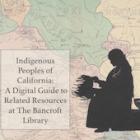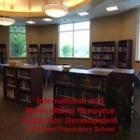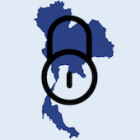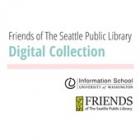
Friends of The Seattle Public Library Digital Collection
In 1941, a group of Seattle citizens joined together to create the Friends of The Seattle Public Library, a non-profit which advocates, educates, and raises funds on behalf of The Seattle Public Library. The Friends group has been and still is influential in supporting The Seattle Public Library by supporting existing library programs, funding new library programs, improving library facilities, and purchasing tools and technologies.
I have partnered with the Friends of The Seattle Public Library to create a digital collection as well as training materials for future volunteers. The organization has archival files from its past but has no method for managing these materials. Therefore, I selected and digitized documents to create the start of an online repository, using Omeka, of key documents from the organization’s history. These documents shed light and provide unique perspectives on the organization, the library, and the history of Seattle.

